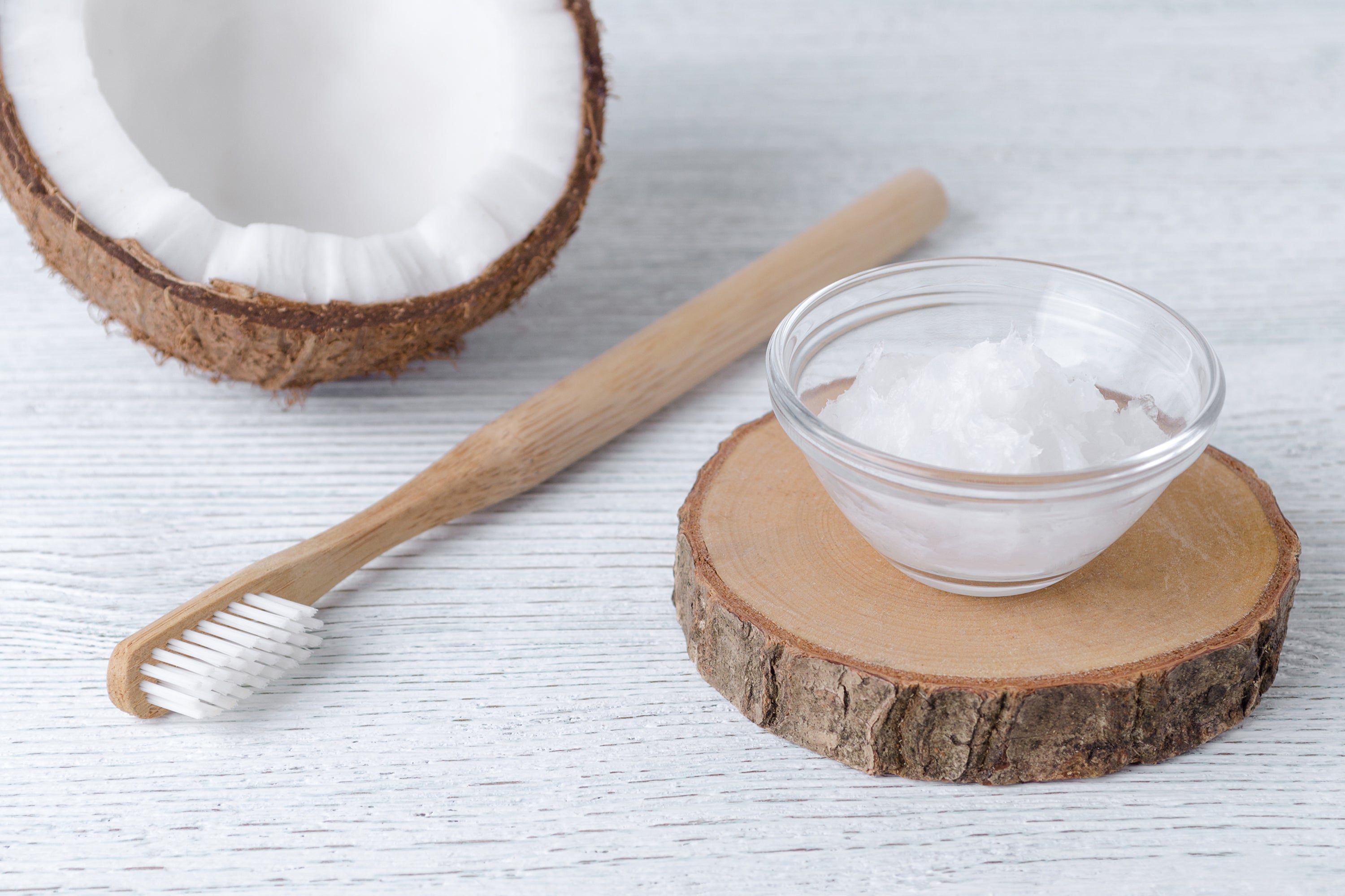Coconut oil pulling

Have you heard about the ancient practice of coconut oil pulling for teeth? This natural remedy has gained popularity in recent years for its potential oral health benefits. Let's explore the science behind coconut oil pulling and how it can contribute to a healthier smile.
What is Coconut Oil Pulling?
Coconut oil pulling involves swishing coconut oil around in your mouth for a period of time, typically 15-20 minutes. This process is believed to help remove harmful bacteria, plaque, and toxins from the mouth.
How Does it Work?
Coconut oil contains lauric acid, a fatty acid with antimicrobial properties. When swished around in the mouth, the oil binds to bacteria and toxins, pulling them away from the teeth and gums. This can help reduce plaque buildup and improve overall oral hygiene.
The Benefits of Coconut Oil Pulling
Studies have shown that coconut oil pulling can help reduce the levels of harmful bacteria in the mouth, leading to fresher breath and a cleaner feeling. Additionally, some research suggests that oil pulling may help reduce inflammation in the gums and improve overall gum health.
Regular practice of coconut oil pulling may also contribute to whiter teeth and a brighter smile. By removing surface stains and bacteria, oil pulling can help enhance the appearance of your teeth.
How to Incorporate Coconut Oil Pulling into Your Routine
To try coconut oil pulling at home, simply take a tablespoon of coconut oil and swish it around in your mouth for 15-20 minutes. Be sure not to swallow the oil, as it will contain bacteria and toxins that you want to remove from your mouth.
After swishing, spit out the oil into a trash can (not the sink, as it can clog pipes) and rinse your mouth with water. For best results, practice coconut oil pulling in the morning on an empty stomach before brushing your teeth.
Remember, coconut oil pulling is not a replacement for regular brushing and flossing, but it can be a beneficial addition to your oral hygiene routine. Consult with your dentist if you have any concerns or questions about incorporating oil pulling into your daily regimen.








